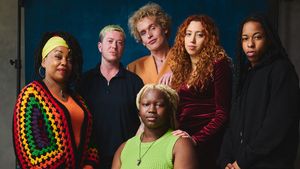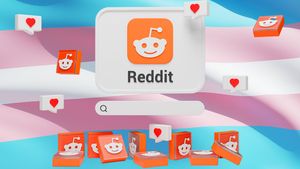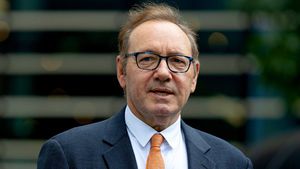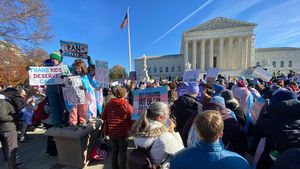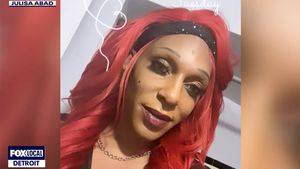All Rights reserved
By continuing to use our site, you agree to our Privacy Policy and Terms of Use.
Data collected from five large U.S. cities reveal a frightening trend about the spread of HIV among men who have sex with men. Nearly half of the African-American bisexual and gay men who were screened tested HIV-positive, and more than two thirds of those men were unaware that they were infected, according to the Centers for Disease Control and Prevention study. Overall, men who have sex with men who were African-American were more than twice as likely to be HIV-positive as other ethnic groups'46% of African-American men tested were HIV-positive, compared with 21% of white men and 17% of Latino men. Although the CDC says the data were gleaned in only the cities of Baltimore, Los Angeles, Miami, New York, and San Francisco, the agency believes the study is indicative of HIV prevalence levels among African-American gay and bisexual men throughout the country. 'I would say there's a great deal for concern among African-American men who have sex with men,' warns Ronald Valdiserri, deputy director of the CDC's National Center for HIV, STD, and TB Prevention. While AIDS activists call the current data staggering ('It's hard to even wrap your mind around it,' Damon Dozier, the congressional liaison at the National Minority AIDS Council, has stated) they say studies over the years have shown ongoing high and rising HIV levels among gay and bisexual men of color. The newest figures provide even further proof that HIV prevention efforts for this at-risk population, particularly culturally appropriate interventions, continue to be inadequate, Dozier says. 'What is failing this group is the focus and allocation of resources to this population, and it's been an issue throughout the epidemic,' says Ronald Johnson, deputy executive director of New York City's Gay Men's Health Crisis. 'Many programs'and I would include programs we operate here at GMHC'are very effective, but they're only getting to a small portion of the affected population. We need far more resources to expand our level of programming and intervention.' But AIDS Project Los Angeles officials say in order for HIV prevention efforts to be effective among African-Americans, it's going to take more than just boosted funding. 'We need a community response from the government, health care providers, AIDS service organizations, churches'from everyone who is concerned about the future of black men and women in this country,' says APLA executive director Craig E. Thompson.

















































